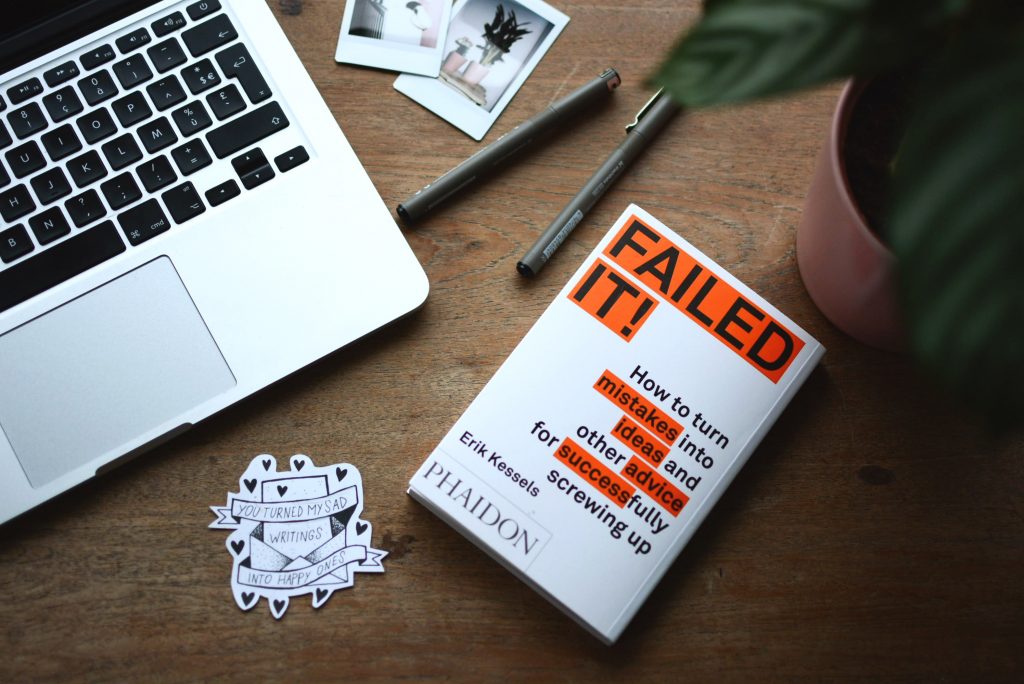
A former client and friend asked me for my advice on moving abroad. As I started thinking, I realised that elements of this advice could be applied to all sorts; career change, starting something new, a side project. I hope it’s useful. Here’s my advice:
1. The fear. Once you take action, it gets better. Waiting is the worst.
The period before you make the move is the really scary part. That’s where it’s all unknown, vague, you can’t quite imagine how it’s going to be or what you’re going to do.
All your biggest fears come to head – will I be lonely, will I make any friends, will I end up homeless, will I hate it, will it all just be too difficult to cope with? I had all these fears before moving to Valencia.
Even things which are usually relatively simple or straightforward like opening a bank account or finding a place to live seem insurmountable.
Know that as soon as you get there and start ‘doing’, this particular fear will drop away as you’ll be so busy taking it all in and taking action.
2. Relax
So you’re there, you’ve been there a little while, and you might be thinking “what have I done, what have I done, what have I done…”
Give yourself time. Time to readjust, take in your new surroundings, learn how things work. Chances are the start might be a bit rocky and emotional, as you become a novice and just don’t know stuff. With time, you will.
3. Meeting people and making friends. Keep busy, ask for help.
Get out there. That’s all you can do. Say yes to as much as you can, try everything, talk to people. Keep your options open.
It can be daunting but you’re only going to meet your people by meeting lots of random people, and keeping going until you feel that click.
If big meet-up groups aren’t your thing and the thought of some big expat community makes your skin crawl, look for ways to meet people one on one. There are smaller localised Facebook groups which can be really useful and supportive.
I used an excellent ‘Conversation Exchange’ website as soon as I arrived in Valencia – where you arrange to meet people who want to practise speaking your language and vice versa.
So whenever I wanted, every night if I so wished, I had someone to meet for a drink.
I could enjoy being out and about and having company. And – it’s an excellent way to learn about your new home city or town, you can ask loads of questions and even get help or advice.
4. Explore.
One of the most exciting parts of being in a new city. Make a massive list of all the things you want to do.
Plan trips/visits. Do all the cliches. Eat all the food. Watch films, sit in a cafes. You’ll get to know the city really well, you’ll have fun and you’ll be out and about.
5. Language learning.
Once you start making progress, marvel at it. Each new word you learn, sentence you formulate, question you understand, is a massive success. Use every opportunity to converse and persist. Immerse yourself in TV, radio, film, talks.
6. Celebrate your successes.
Bank account open – great. Coffee date set up – amazing. I think we could all do better at this in everyday life – acknowledge when you’ve overcome something tricky, however small it may seem. You’re doing a good job.
7. Make a plan.
Imagine how you want your life to be in a month, or 3 months, or 6 months. Then set goals. For example, in the next 3 months I want to:
- Meet at least one or two friends.
- Go on x number of dates.
- Visit x, y, z.
- Improve my language skills by attending/doing x every day.
- Find a decent flat.
- Try x, y, z.
It helps you focus on what you want, and keep track of your achievements as time passes.
8. And remember
Even if it doesn’t seem to be working out as you imagined;
a) Give yourself time, you never know what’s around the corner.
b) You can be proud that you’ve done something so many people dream of, and never do. You took that massive step and went for something you have wanted for a long time. It takes courage.
You’ve been brave enough to follow your heart, follow your dreams.
Finally…
My main advice when moving abroad?
Enjoy yourself, enjoy the feeling of freedom. Along with all the practicalities and organisation, have fun. Do all those things that you dreamt of when you dreamed of your life in Paris.
Every once in a while you’ll look around and think, am I really here?
If you’d like to try a coaching session with me, contact me at: joaopoku@gmail.com.
Photo by Léonard Cotte on Unsplash




